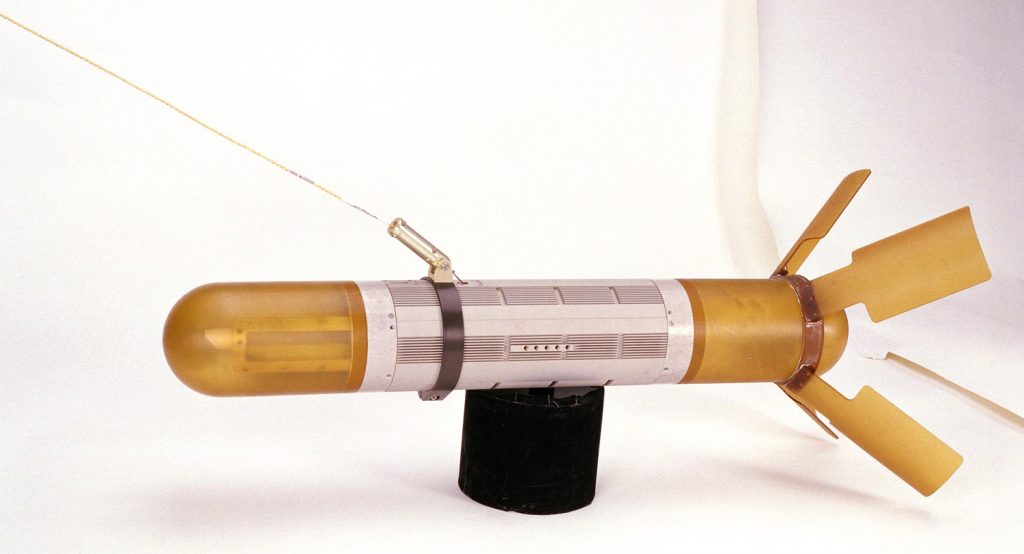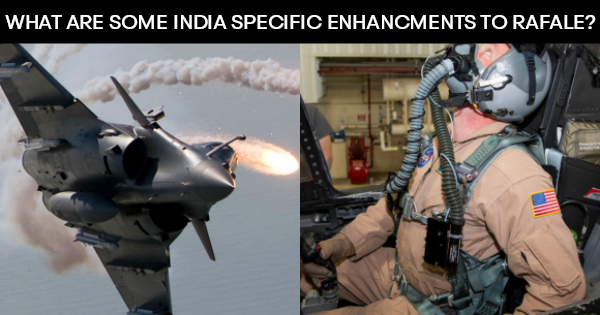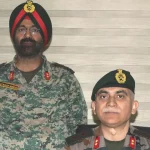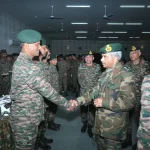During the political slugfest over the Rafale fighter jet last year, there was a lot of controversy surrounding the exuberant cost, which the government had cited as India specific modifications. Those in the opposition had rallied asking the what those India specific enhancements were? Now with the first Rafale having been inducted into the Indian Airforce’s deadly arsenal and form more to be inducted by May 2020, it is time we take a look at some of the potential modifications to the Dassault Aviation manufactured Rafale fighter jet, made according to India’s operational requirements.
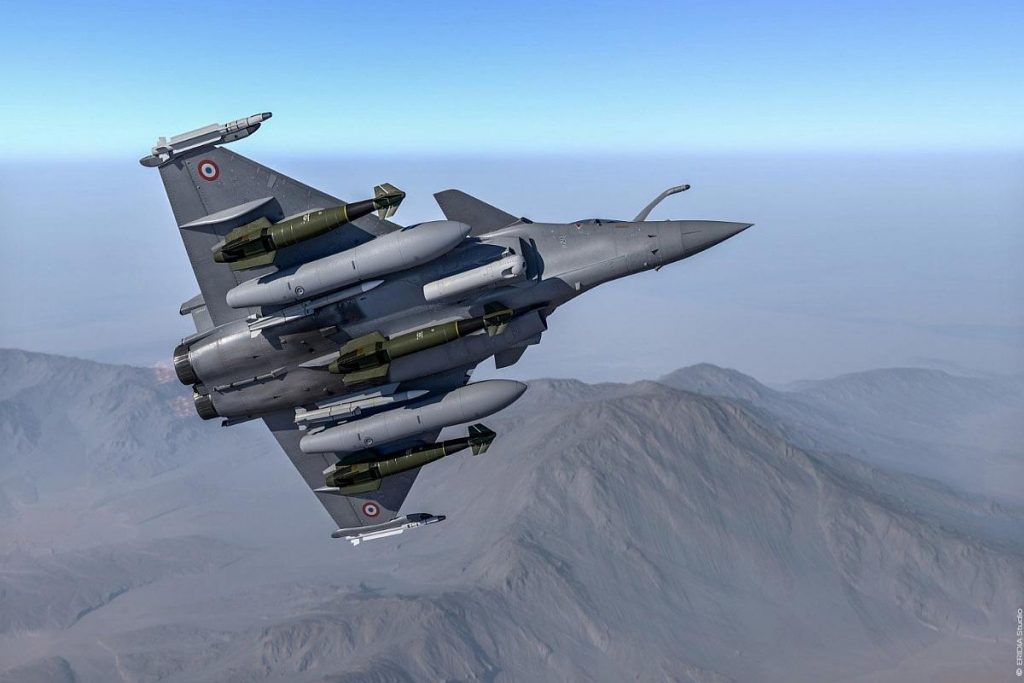
1.) Enhanced M88 Engine
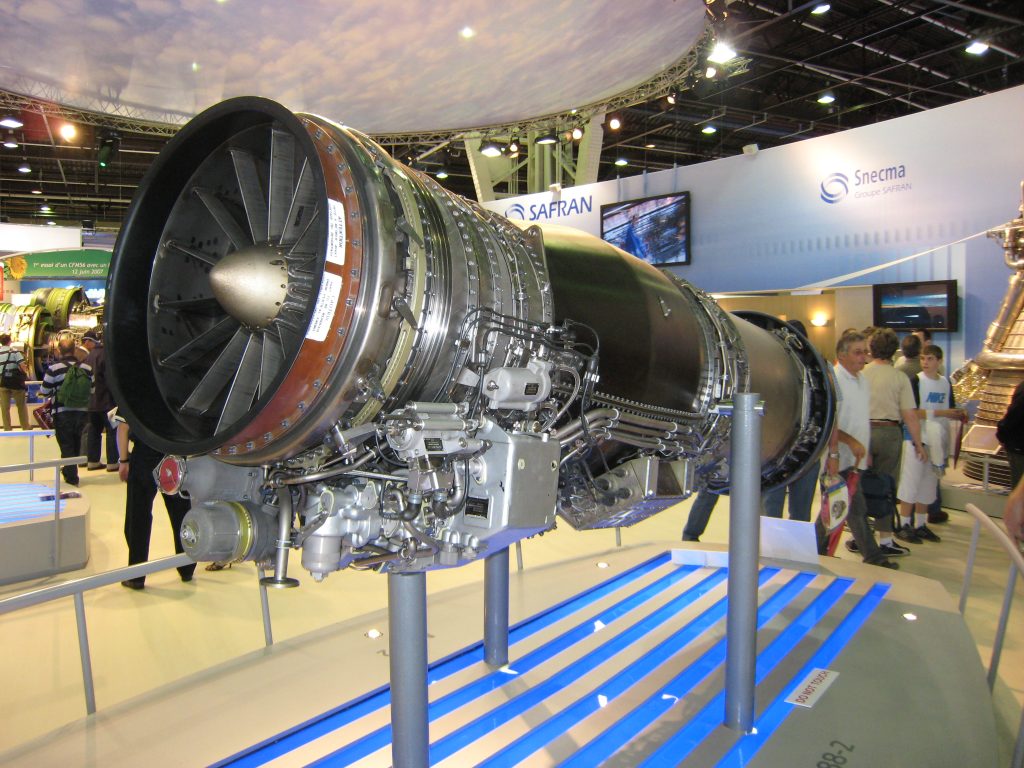
The engine has been modified to allow the Rafale to operate in a multitude of extreme operational environments ranging from high altitudes to deserts. Engine condition monitoring sensors are being attached to maintain the Rafale’s overall engine health. There have been no design modifications made to the engine. However, enhancements have been made to the Full Authority Digital Engine (FADEC) to aid the Jets engine to operate in extreme temperatures.
2.) Doppler Weather Radar
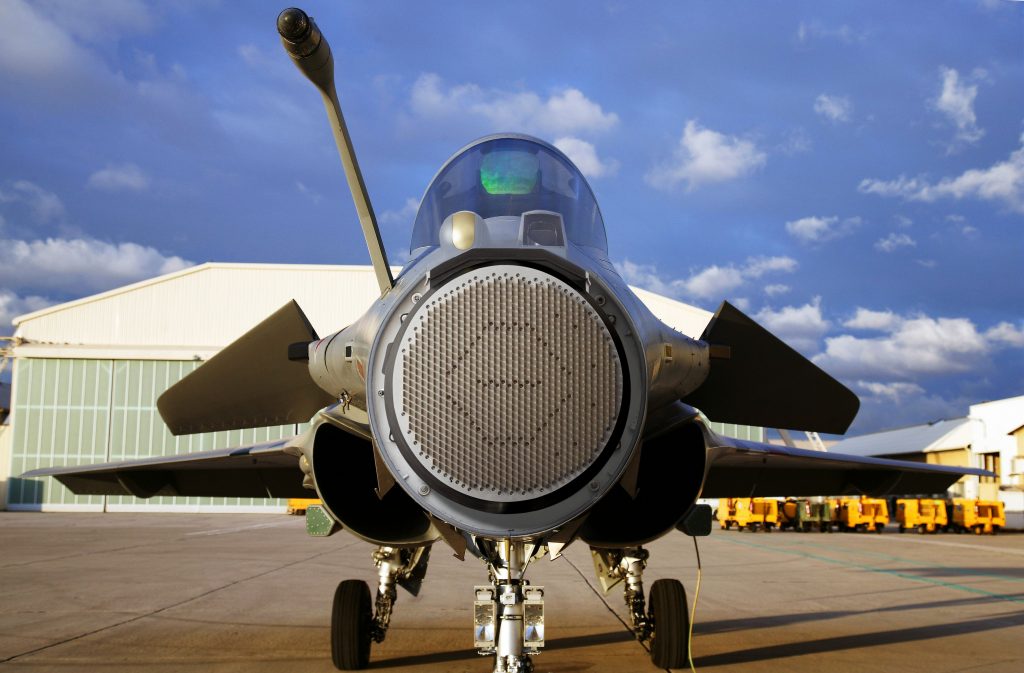
The radar located at the nose of the fighter aircraft the Doppler Weather radar is capable of letting the pilot know about the weather ahead. For instance, if it is raining ahead, then the detector will apprise the fighter pilot about the density of the rain and level of precipitation. It will even let the pilot know about the perceived levels of turbulence ahead, allowing the pilot to make prior corrections.
3.) Indian Regional Navigation Satellite With SIGMA
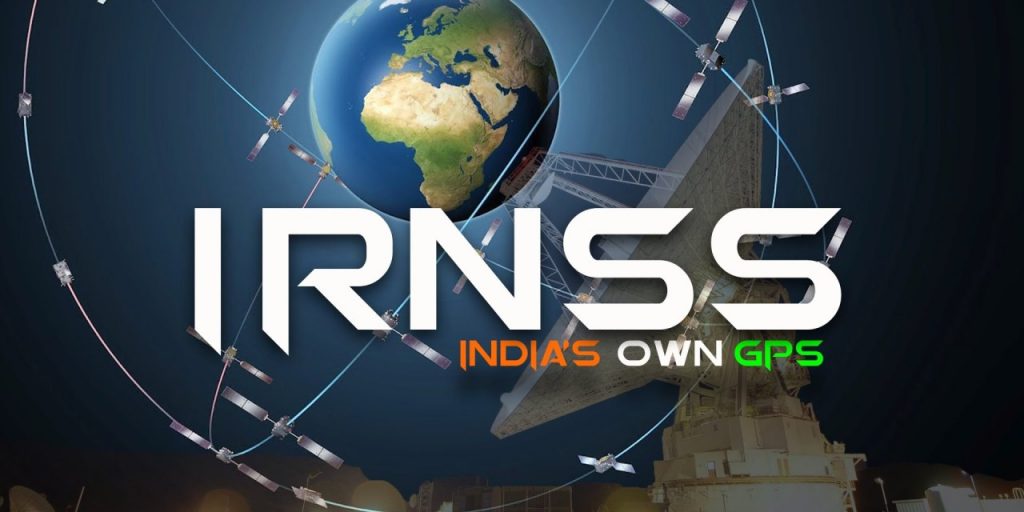
The indigenous satellite system is being made compatible with the French-designed fighter platform. The integration of the Indian navigation system will incur additional costs; however, it will allow the Rafale to operate efficiently in Indian operational theatres.
4.) Extra Filtered Oxygen Generation
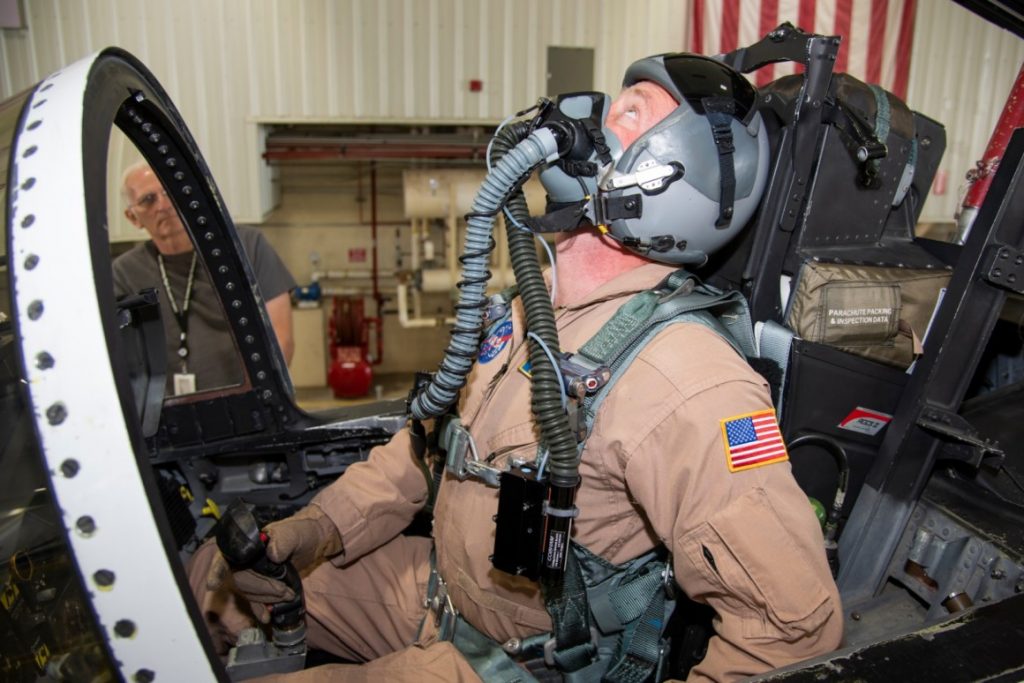
This enhancement is designed to filter out particulate matter, found in high altitude. The onboard oxygen generation system will serve to reduce the risk of hypoxia to fighter pilots, which is a result of lowering levels of oxygen supply ot the pilot. This India specific add on will further filter oxygen in accordance with Indian air conditions.
5.) Spice 1000 Smart Bomb
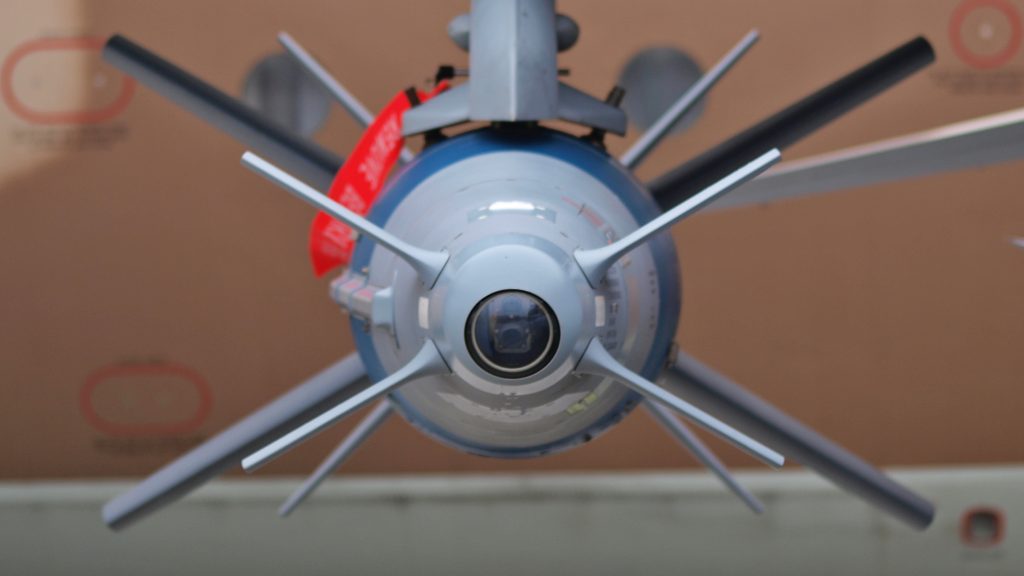
The Israeli designed SPICE smart missiles are to be integrated into the Rafales aerial panel. The aircraft’s data links and related software will be adapted accordingly.
6.) ASTRA BVRAAM
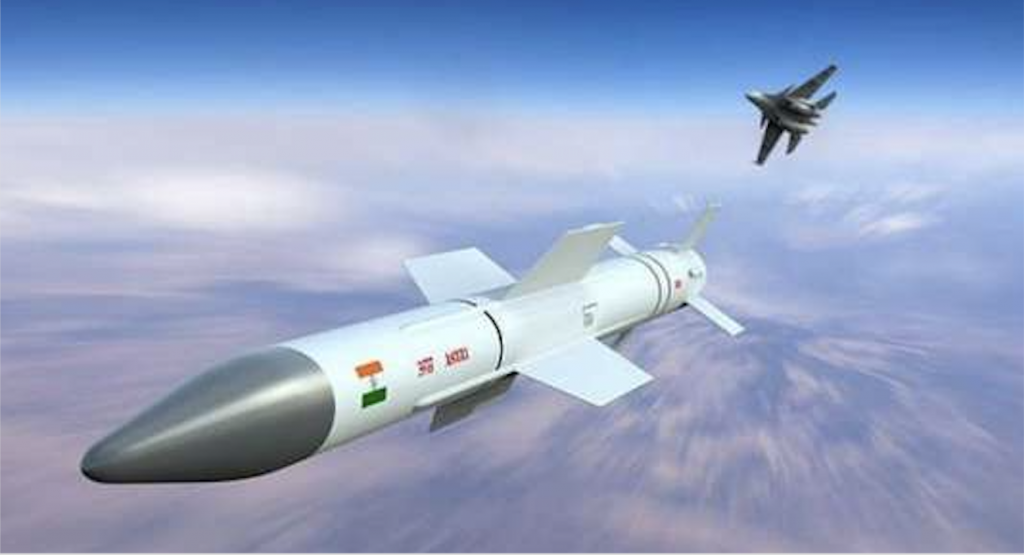
The Defence Research and Development Organisations indigenously designed ASTRA beyond visual range air-to-air missile (BVRAAM) will be another addition to the Rafales lethal assortment of Missiles. The integration of the Indian rocket will be made possible with the technical assistance of Dassault aviation.
7.) G4 Lightning Pod
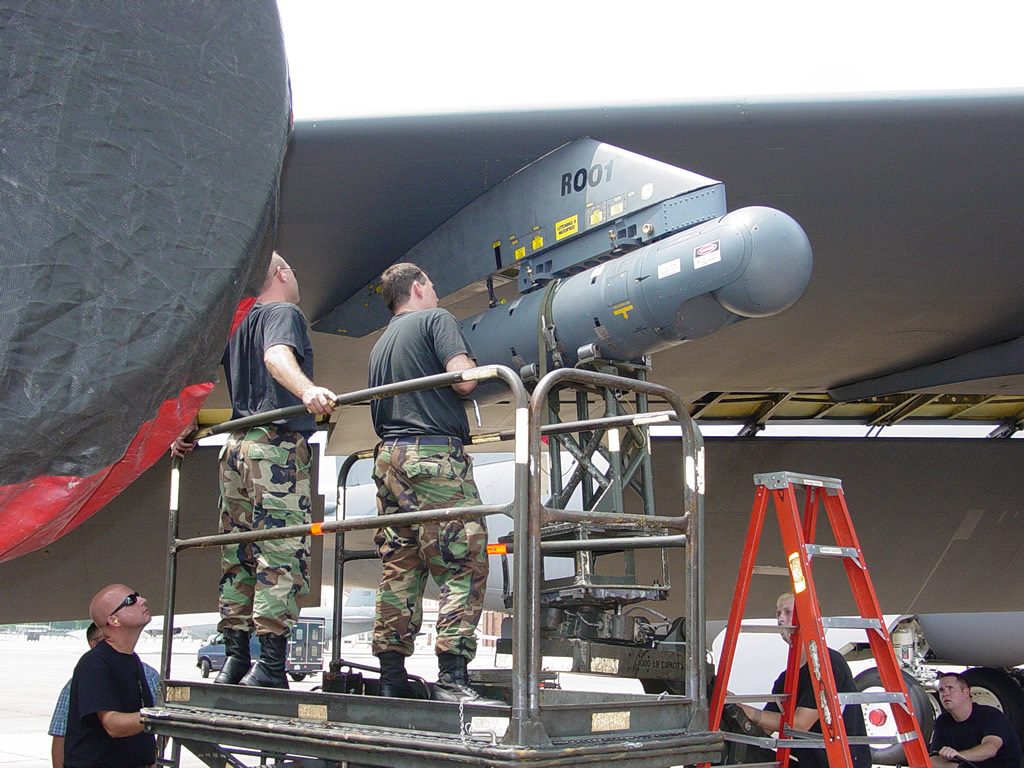
The Indian Air Force’s tried and tested G4 lightning pod will be integrated into the Rafale. The G4 pod is attached to nearly every fighter in the IAF’s arsenal.
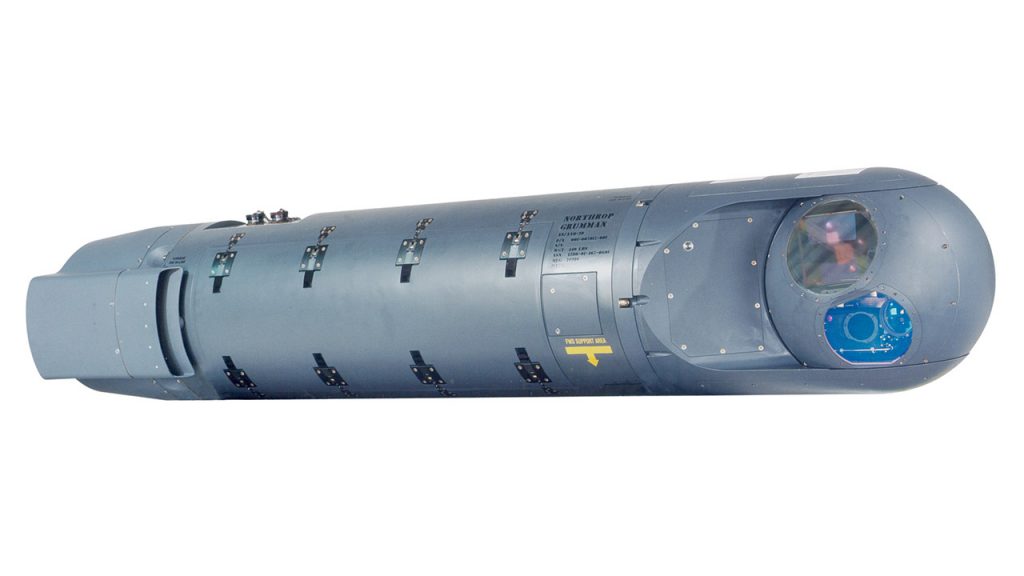
8.) Enhanced SPECTRA EW
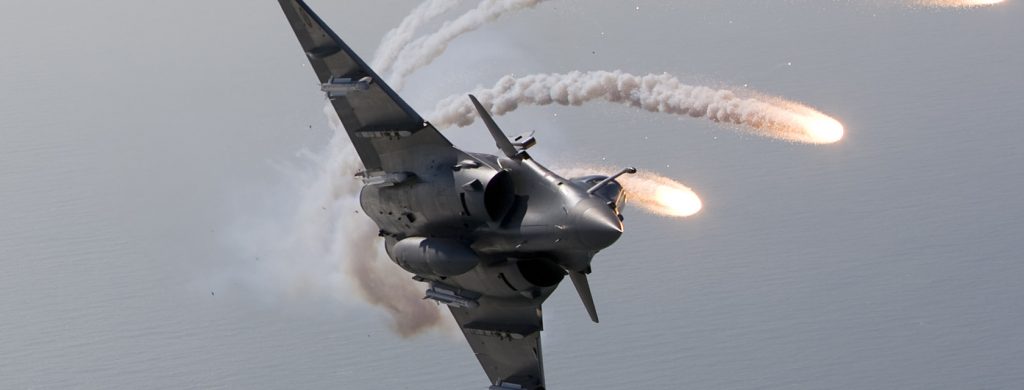
The SPECTRA Electronic Warfare Suit has a host of different sensors, such as radar waving receivers, infrared sensors each performing distinct functions. The range of these highly potent sensors is likely to be modified. The ELINT of the SPECTRA system has a maximum range of 222 km. The systems defensive electronic countermeasures will be worked on RBA2 radar 200 km. The missile approach warning system which has a current range of 9.3 km, will be enhanced. Such enhancements will mean that the pilot will be warned of an incoming weapon attack well ahead of 9.3 km giving the pilot ample of time to manoeuvre evasively.
9.) Quad Pack Ejectors
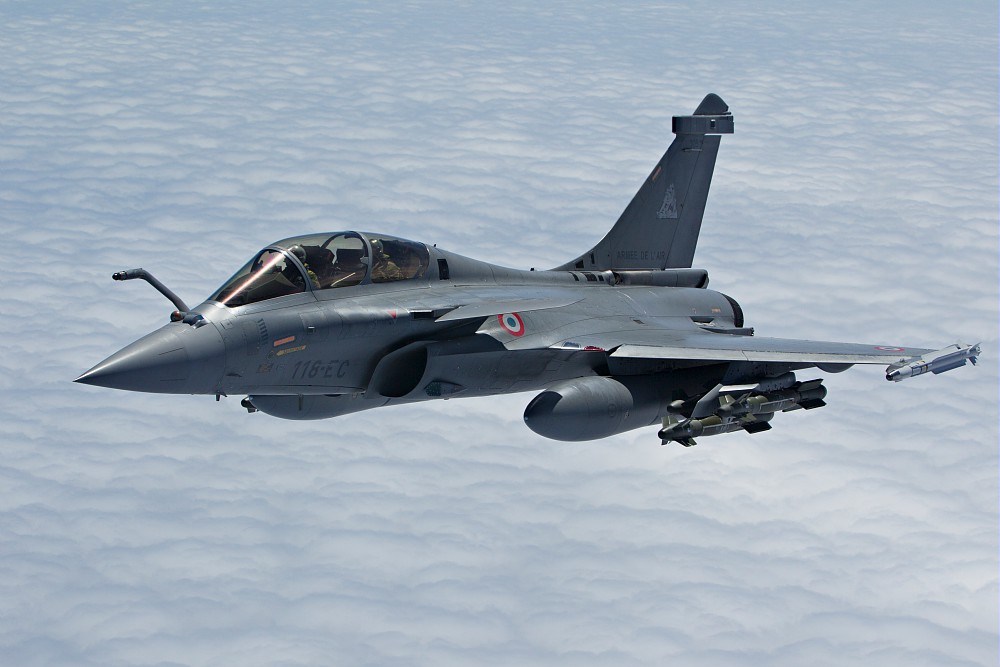
The Rafales will come equipped with French Quad Pack ejectors. These could be used as Stand-off weapons. According to a renowned defence expert the quad pack ejectors for the DEW EMP is being jointly designed by the by both India and Israel.
10.) X Gaurd Fibre Optic Towed Decoy
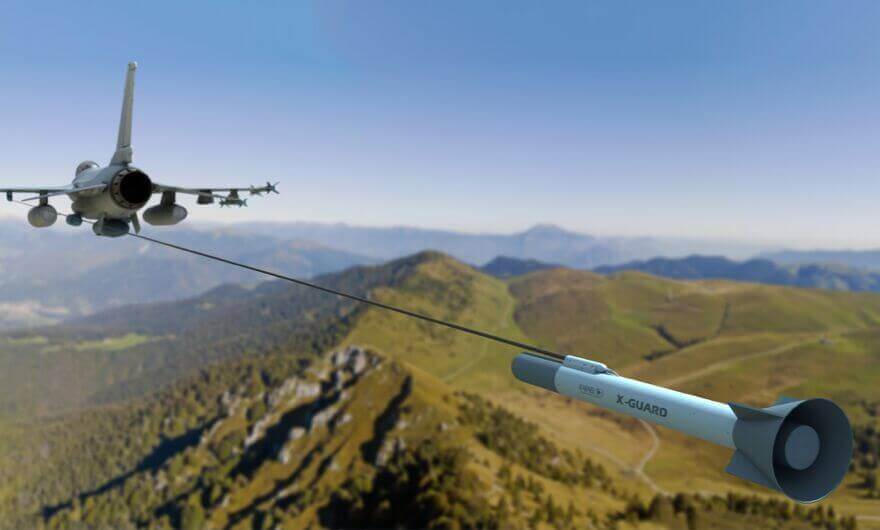
This decoy system is designed to counter incoming enemy surface to air missiles (SAM’s) and air to air missiles (AAM’s). The decoy is deployed behind the fighter emulating its heat signature to fool the incoming missile. It is a 4th generation tracking system designed to give some the most sophisticated tracking radars the slip. the decoy is deployable and retractable mid-flight and may be used multiple times making it immensely cost-effective.
